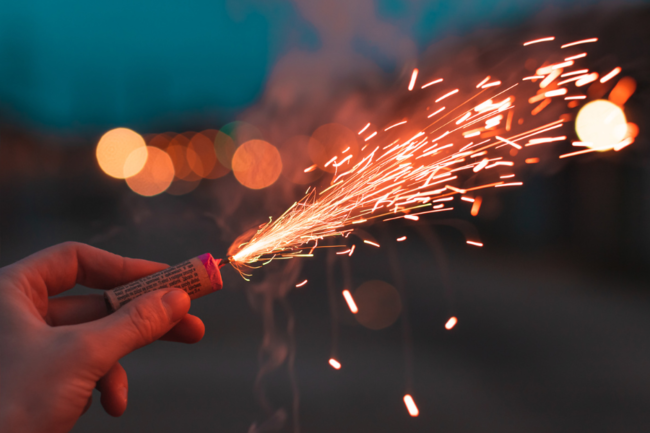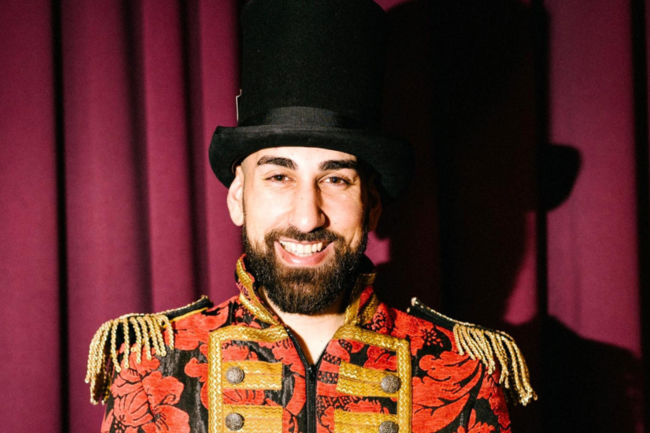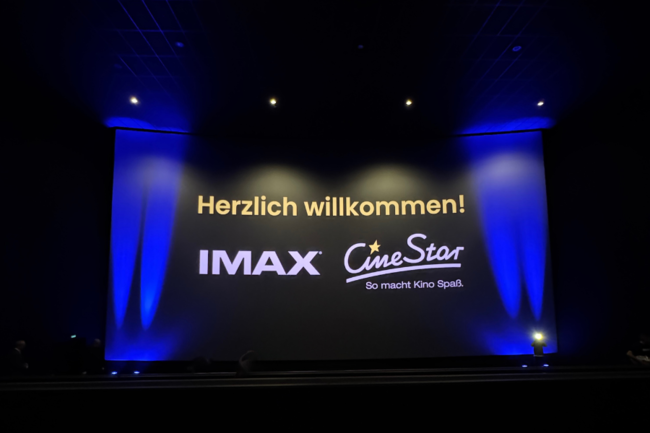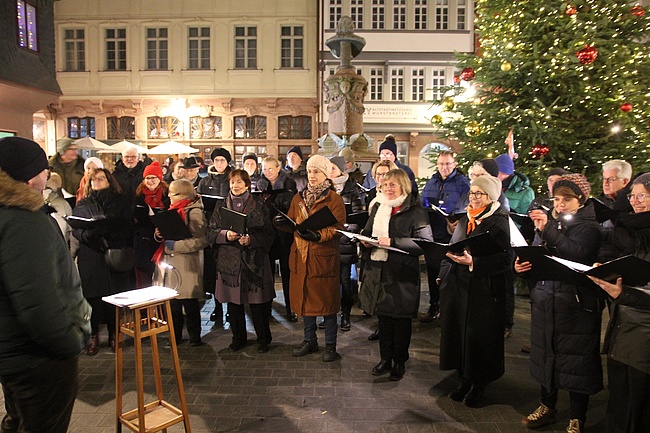About a year ago, the Great Anteaters INES and FALIN came to Frankfurt, where they started a life together in the South America enclosure Ukumari-Land. While the two and a half year old Ines moved from the Czech Republic to the Main metropolis, male Falin came to Frankfurt from Cologne Zoo. The two have quickly settled into their new home and have also taken a liking to each other. The result is happy news from Ukumari Land: Ines gave birth to a healthy cub on June 30.
The little one was allowed to explore the outdoor enclosure of Ukumari Land for the first time today, Thursday, on his mama's back. Zoo veterinarian Dr. Nicole Schauerte explains that this is why mothers carry their young on their backs, to protect them from predators. This is achieved by a very special camouflage effect, in which the fur markings of the young animal literally merge with those of its mother. Zoo visitors and members of the press were able to see this for themselves for the first time today. Since even the big anteaters prefer to stay in the shade when it's hot, there was plenty of cool yoghurt for mum Ines to tempt her outside with her offspring.
For Frankfurt Zoo, this offspring of the endangered species is another great breeding success. Great anteaters are widespread in Central and South America, but are now very rare everywhere, due in particular to the loss of their natural habitat through deforestation, industrial agriculture, but also bushfires. Breeding attempts were already made in Frankfurt in the 1970s. However, the young animals only lived for a very short time. Over the years, research and experience have led to optimizing the demanding husbandry of the animals and to better adapt to their needs.
At the moment, everything is looking good for the little male. "So far, everything has gone smoothly," confirms Dr Nicole Schauerte. We wish Ines, Falin and their offspring that it stays that way!












